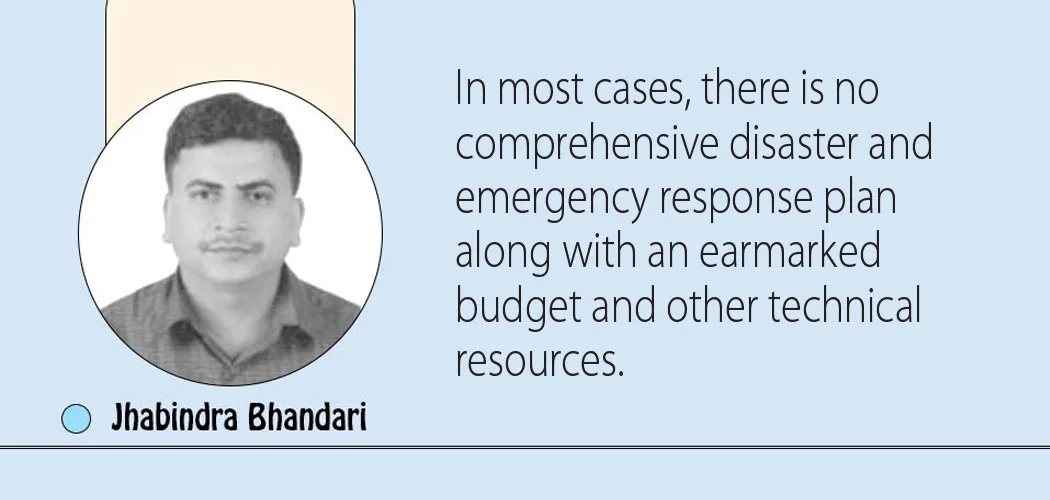Navigating Global Risks: Disasters and Health Emergencies
In our interconnected world, the reality is that no nation is exempt from the potential impact of disasters and health emergencies. From natural catastrophes to widespread disease outbreaks, communities everywhere face a spectrum of risks that demand preparedness and resilience. Understanding the multifaceted nature of these threats is crucial for building safer and healthier societies.
The Ubiquitous Nature of Global Crises
Whether it’s a high-income country with advanced infrastructure or a developing nation with limited resources, the potential for a devastating event exists. Factors like climate change, urbanization, and global travel patterns contribute to the increasing complexity and frequency of these crises. This necessitates a comprehensive approach to risk management and mitigation strategies that transcend geographical boundaries.
Understanding Diverse Disaster Risks
- Natural Disasters: Earthquakes, hurricanes, floods, and wildfires can strike with little warning, causing widespread destruction and displacement.
- Health Emergencies: Pandemics, epidemics, and localized outbreaks can overwhelm healthcare systems and disrupt daily life.
- Technological Disasters: Industrial accidents, cyberattacks, and infrastructure failures can have far-reaching consequences.
- Socio-Political Instability: Conflicts, civil unrest, and mass migrations can create humanitarian crises and exacerbate existing vulnerabilities.
Building Resilience and Preparedness
Addressing these global risks requires a multi-pronged approach involving governments, organizations, and individuals. Key strategies include:
- Investing in Early Warning Systems: Accurate and timely alerts can save lives and reduce the impact of disasters.
- Strengthening Healthcare Infrastructure: Robust healthcare systems are essential for responding to health emergencies and providing essential care.
- Promoting Community-Based Preparedness: Empowering communities to prepare for and respond to disasters can enhance resilience.
- Fostering International Collaboration: Sharing knowledge, resources, and best practices is crucial for addressing global challenges effectively.
The Importance of Proactive Measures
The cost of inaction in the face of these risks is far greater than the investment in preparedness and prevention. By prioritizing disaster risk reduction and health emergency preparedness, we can protect lives, livelihoods, and the planet.
Final Overview: A Call for Global Action
As global citizens, we all have a role to play in building a more resilient and prepared world. By understanding the risks, supporting preparedness efforts, and advocating for proactive policies, we can work together to mitigate the impact of disasters and health emergencies and create a safer future for all.




+ There are no comments
Add yours